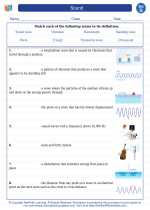Physical Science
Physical science is the study of non-living systems and the natural laws that govern them. It encompasses a wide range of scientific disciplines, including physics, chemistry, astronomy, and earth science. Understanding physical science is essential for comprehending the natural world and the principles that underpin many technological advancements.
Key Concepts and Topics in Physical Science
1. Matter and Energy: Matter is anything that has mass and takes up space, while energy is the ability to do work. Understanding the relationship between matter and energy is fundamental to physical science.
2. Forces and Motion: This area of study explores the behavior of objects in response to forces and the principles governing motion, including Newton's laws of motion and the concepts of velocity, acceleration, and momentum.
3. Atoms and Elements: Chemistry is a critical component of physical science, focusing on the structure of atoms, the periodic table of elements, chemical reactions, and the properties of different substances.
4. Waves and Sound: The study of waves, including electromagnetic waves such as light and sound waves, is essential in understanding the behavior of energy and how it propagates through different mediums.
5. Earth and Space: Physical science also encompasses the study of Earth's systems, including geology, meteorology, and oceanography, as well as the exploration of the universe, including astronomy and cosmology.
Study Guide for Physical Science
Here are some key study tips and resources to help you excel in physical science:
- Understand the Basics: Start by mastering the fundamental concepts, such as matter, energy, forces, and motion. Build a strong foundation before delving into more complex topics.
- Practice Problem-Solving: Physical science often involves solving problems using mathematical equations and scientific principles. Practice solving problems related to forces, motion, and energy to improve your skills.
- Use Visual Aids: Visual aids such as diagrams, charts, and animations can help you grasp abstract concepts, especially in areas like waves and atomic structure. Look for online resources and videos to supplement your learning.
- Explore Real-World Applications: Connect the concepts you learn in physical science to real-world applications. For example, how do the principles of energy transfer apply to everyday devices and technologies?
- Stay Updated with Scientific Discoveries: Follow scientific news and developments in fields like astronomy and chemistry. Understanding the latest advancements can deepen your appreciation for the relevance of physical science in modern society.
By mastering the key concepts and applying effective study strategies, you can develop a strong understanding of physical science and prepare for success in related fields of study and future careers.
.◂Science Worksheets and Study Guides Seventh Grade. Sound
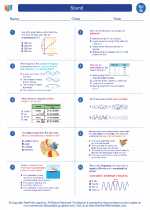
 Worksheet/Answer key
Worksheet/Answer key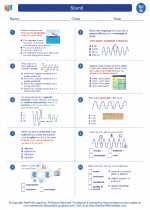
 Worksheet/Answer key
Worksheet/Answer key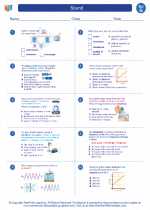
 Vocabulary/Answer key
Vocabulary/Answer key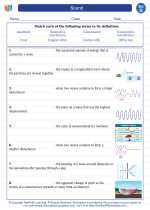
 Vocabulary/Answer key
Vocabulary/Answer key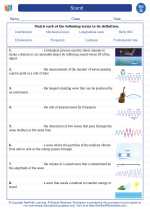
 Vocabulary/Answer key
Vocabulary/Answer key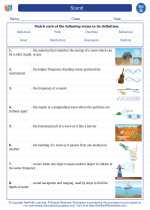
 Vocabulary/Answer key
Vocabulary/Answer key